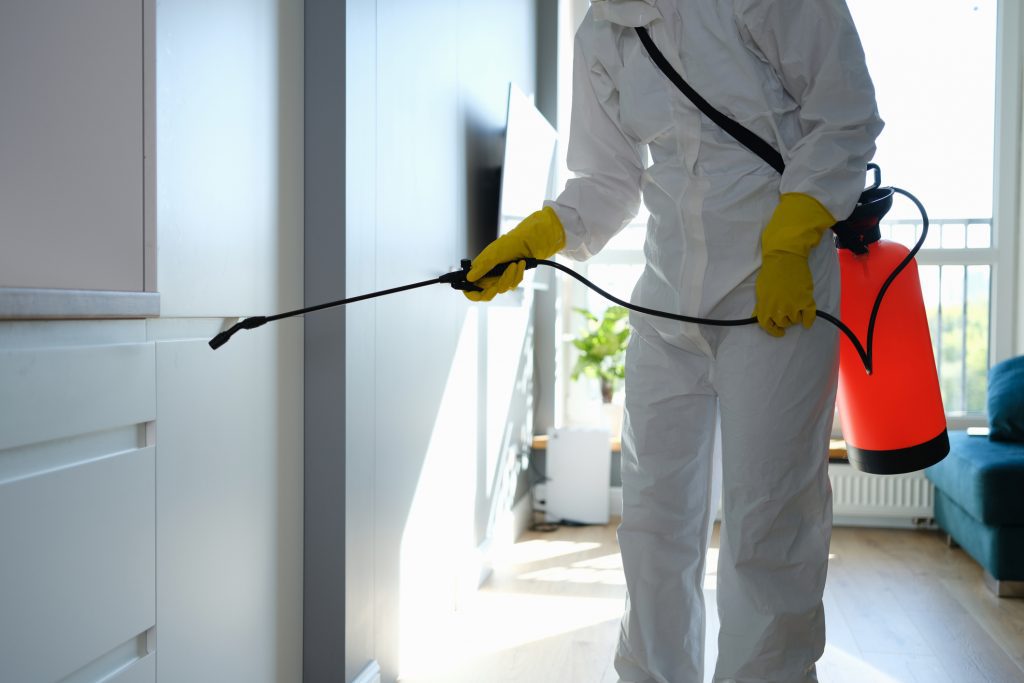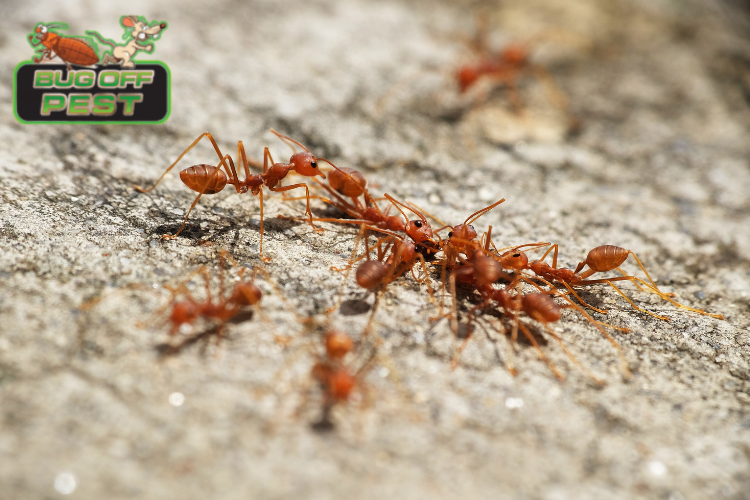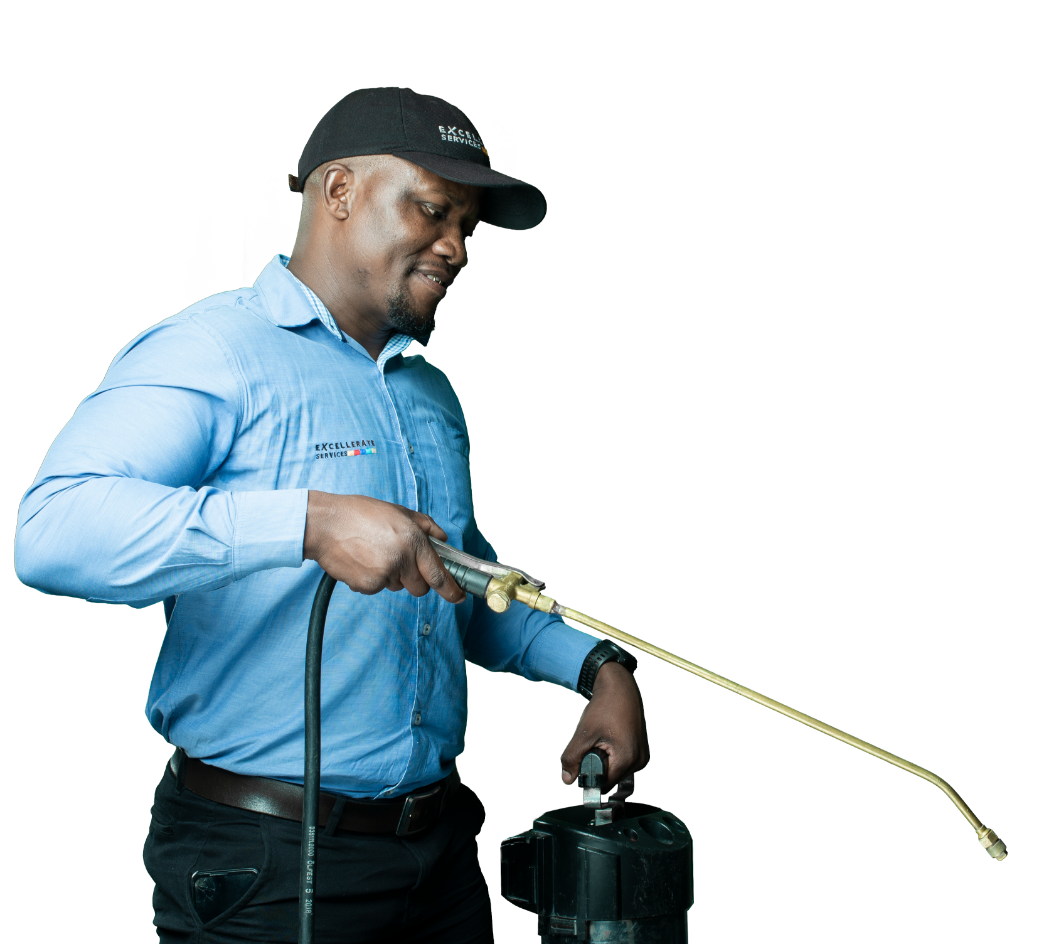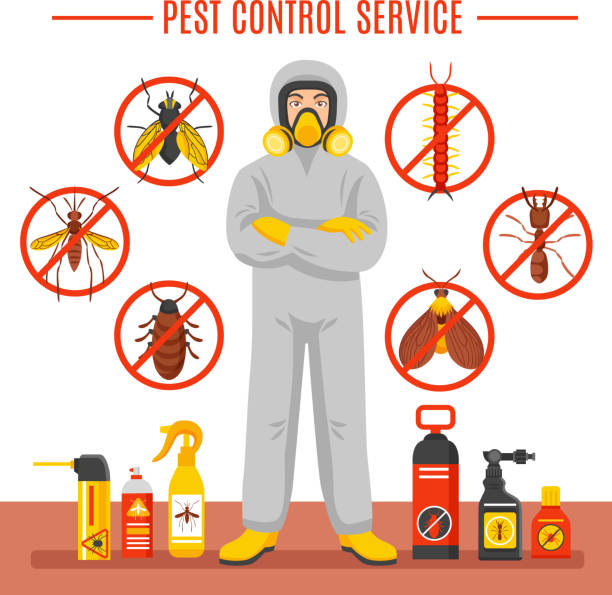Exploring Innovative Strategies and Products for Reliable Insect Control
The landscape of insect control is progressing, marked by the appearance of ingenious strategies and products made to boost efficiency and sustainability. From wise catches equipped with sophisticated monitoring systems to biological techniques that utilize natural predators, these developments offer a standard shift in exactly how we come close to pest management. Additionally, green chemical choices and scent disturbance techniques supply targeted solutions that line up with environmental stewardship. As the industry faces these developments, a closer evaluation exposes not only their effects but likewise the prospective difficulties that may arise in their execution.
Smart Traps and Keeping Track Of Solutions
Just how can modern-day technology improve insect management? One considerable advancement is the development of smart traps and monitoring systems, which supply real-time information and analytics for effective parasite control. These systems use sensors and cordless technology to spot insect task, signaling building supervisors and bug control professionals to infestations before they escalate.
Smart catches are equipped with features such as bait stations that bring in insects and capture them successfully. These catches can be kept track of remotely, permitting prompt treatments and minimizing the requirement for comprehensive chemical applications. The combination of equipment learning formulas makes it possible for these systems to differentiate in between target bugs and non-target species, enhancing the accuracy of pest control actions.
In addition, the data gathered from smart catches can be evaluated to identify patterns in pest actions and ecological variables contributing to infestations (Pest Control in Port Charlotte). This information is important for establishing targeted insect monitoring approaches tailored to specific environments. By welcoming clever catches and keeping track of systems, parasite control experts can boost their functional effectiveness and reduce the environmental influence of insect administration, eventually causing much safer and more sustainable practices in the market
Organic Insect Control Methods
Making use of natural predators and parasites, organic parasite control techniques supply an eco-friendly choice to chemical therapies. This method involves the introduction or enhancement of specific organisms that can normally manage bug populaces, thus reducing reliance on artificial chemicals. Common instances include making use of ladybugs to regulate aphid infestations and parasitic wasps to target caterpillars.

Biological control can be classified into three major approaches: classical, augmentative, and preservation. Classic organic control involves importing natural opponents from the pest's native environment, while augmentative control includes enhancing the population of existing natural adversaries through releases. Preservation techniques concentrate on creating conditions that support these beneficial organisms in the environment.
It often requires a thorough analysis of pest dynamics and the life cycles of both the pests and their all-natural enemies. As recognition of environmental problems expands, organic insect control techniques are increasingly recognized for their sustainable role in integrated pest administration programs.
Eco-Friendly Chemical Alternatives
Environmentally friendly chemical options offer a viable service for insect monitoring that lessens ecological influence while successfully regulating bug populaces. These options are acquired from all-natural sources and are carefully formulated to target specific bugs without damaging beneficial organisms, making them a necessary component of sustainable insect control strategies.
Amongst the most effective environment-friendly choices are plant-based insecticides, such as neem oil and pyrethrin, which are originated from the seeds and blossoms of numerous plants. These substances interrupt the life process of pests, minimizing their populaces without the harmful effects associated with traditional chemicals - Pest Control in Port Charlotte. Furthermore, crucial oils like pepper mint and clove oil exhibit repellent buildings, additionally boosting their energy in pest monitoring

Additionally, environment-friendly chemical choices typically break down faster in the environment, minimizing the danger of soil and water contamination. This particular aligns with the boosting customer demand for sustainable practices in farming and city pest control. As study remains to development, the growth of innovative environmentally friendly solutions will certainly even more improve efficacy and broaden application areas, allowing pest monitoring experts to adopt greener, a lot more accountable techniques in their practices while safeguarding human health and the environment.
Pheromone Disturbance Techniques
An additional ingenious method in lasting parasite monitoring is the usage of scent interruption methods. These techniques make use of click for info the all-natural chemical signals, or pheromones, that insects make use of for communication, especially in mating actions. By interfering with these signals, pest populations can be successfully taken care of without considering dangerous chemicals.
Scent traps are typically utilized in this approach. These traps use synthetic variations of insect pheromones to entice male insects, therefore decreasing their capacity to situate females and reproduce. Gradually, this can lead to a substantial decline in parasite populations. Furthermore, the release of repellent scents can produce confusion amongst bugs, even more inhibiting their breeding processes - Pest Control in Port Charlotte.

Integrated Insect Management Approaches
Effective insect control frequently requires a thorough strategy, and Integrated Bug Monitoring (IPM) methods provide a structure for accomplishing this objective. IPM incorporates numerous monitoring techniques to decrease bug populations while reducing reliance on chemical pesticides. This diverse approach begins with complete tracking and recognition of pests, permitting targeted treatments based upon details parasite pressures.
Social methods, such as crop turning and hygiene, play a crucial function in stopping insect establishment. Organic controls, including natural predators and parasitoids, are employed to maintain bug populaces at workable levels. When essential, careful chemical treatments are used, stressing lower toxicity to non-target types and the environment.
By utilizing this all natural method, IPM not just enhances pest control efficiency but additionally contributes to long-term environmental balance. Inevitably, Integrated Pest Administration stands for a websites forward-thinking service that lines up agricultural performance with environmental stewardship, making it important in contemporary pest control approaches.

Verdict
In conclusion, the assimilation of innovative methods and items for efficient bug control represents a considerable advancement in sustainable bug management. Smart traps and keeping an eye on systems, organic pest control approaches, eco-friendly chemical alternatives, and scent disturbance methods collectively improve the effectiveness check out here of insect management methods.